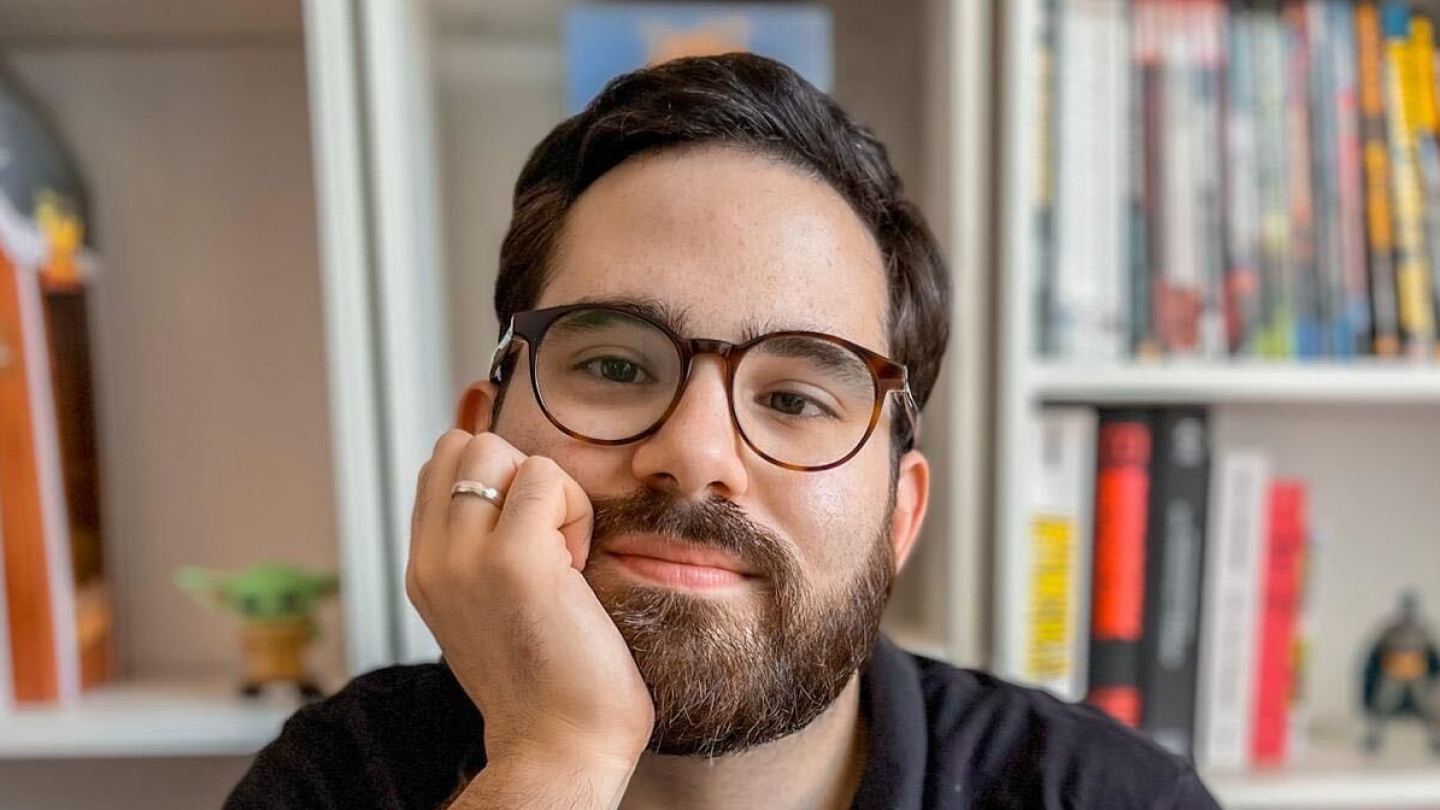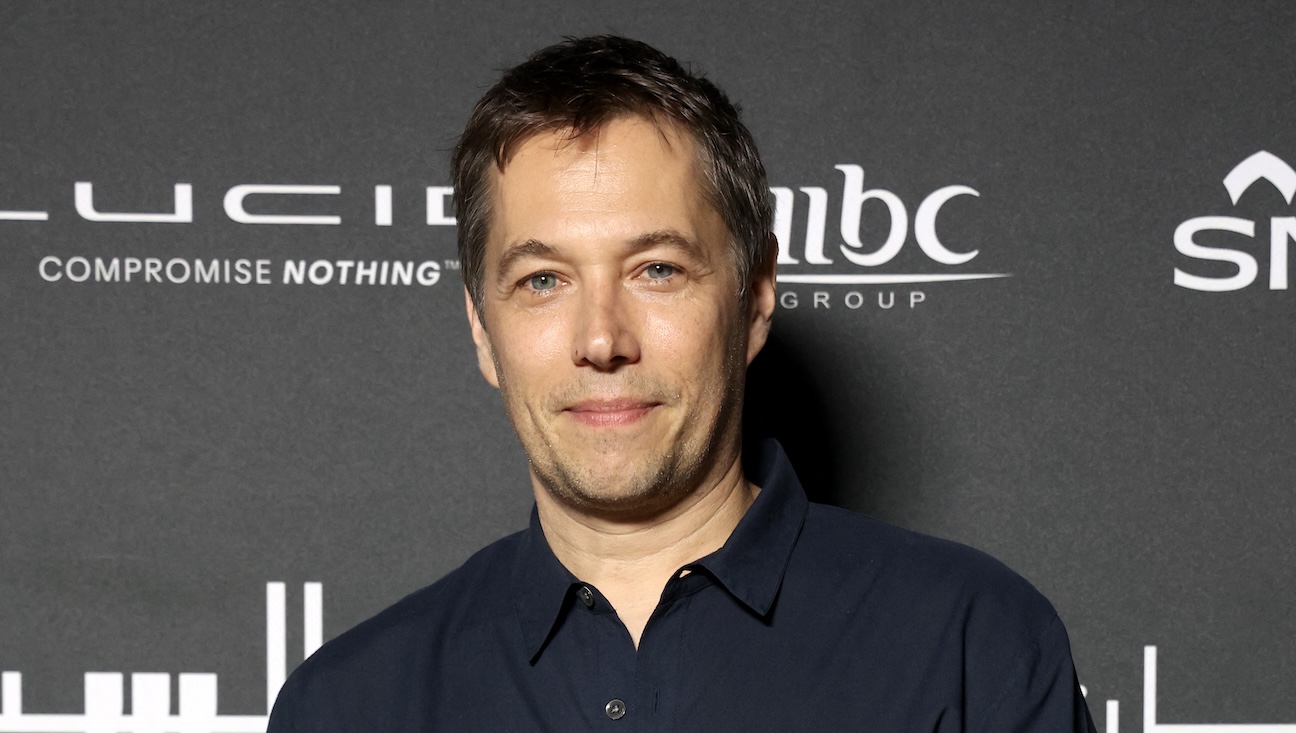Tribeca Festival Lisboa programmer Fabio Martins sees originality and emotional truth going further to help Portuguese filmmakers reach international audiences than imitating popular trends in global cinema.
“Today, audiences everywhere are drawn to authenticity, to voices that don’t conform, to aesthetics that feel honest. Portuguese cinema has that in its DNA,” Martins, head of Portuguese content & programming at Tribeca Festival Lisboa, tells The Hollywood Reporter ahead of Tribeca’s local 2025 edition, which kicks off on Oct. 29 and continues until Nov. 1 in Lisbon.
Martins leads a Portuguese programming team that curates content for Tribeca Festival Lisboa across film, TV, podcasts, talks and other platforms. He argues that the Lisbon festival is well positioned build bridges between artists and audiences.
“We’re not trying to import validation, but creating conversation that says Portuguese cinema doesn’t need translation to matter. Lisbon is becoming a creative hub where the local and the global meet, and cinema, as always, is leading that dialogue,” he insists.
Portuguese titles at Tribeca Festival Lisboa include Match, from director Duarte Neves and about a declining actor seeking emotional refuge on Tinder. “It’s a film about connection in an age of isolation, about how technology mediates our emotions and identities. There’s something incredibly human in the way it portrays disconnection,” Martins says.
Also booked into Tribeca Festival Lisboa is Antonio Ferreira’s A Memoria do Cheiro das Coisas (The Scent of Things Remembered), about a colonial war veteran who faces the ghosts of his past when cared for by a Black caregiver in a retirement home.
“The film has the emotional precision of a confession and the courage of social critique. It speaks softly, but leaves a mark and I believe Tribeca Festival Lisboa’s attendees are going to love this story of coming to terms with one’s past,” Martins insists.
Elsewhere, the Lisbon festival will screen Fernando Vendrell’s Alem do Horizonte – A Travessia (Beyond the Horizon – The Crossing), which recalls early 20th-century Portuguese aeronauts Sacadura Cabral and Gago Coutinho as the first aviators to cross the Atlantic Ocean in a single leg.
Martins tells THR Vendrell’s drama “revisits a legendary moment in Portuguese history, the first aerial crossing of the South Atlantic as a metaphor for courage and imagination, about what it means to push beyond what seems possible.”
The local film lineup at Tribeca Festival Lisboa also reflects a mix of emerging and established Portuguese directors that blend experience with experimentation.
“Duarte Neves brings the energy of a generation raised on hybrid forms: film, digital and social storytelling. He’s unafraid to be raw and instinctive,” Martins says. Ferreira, by contrast, flies the flag for scrappy indie filmmakers in Portugal: “He’s someone who knows how to sustain a vision and bring it to life against all odds.”
And Vendrell, the veteran director of the pack, represents a crucial bridge between Portuguese cinema and television. “His work shows how serial storytelling, so dominant in the streaming era, can deepen emotional worlds rather than dilute them,” Martins insists.
Martins adds that younger Portuguese directors, while paying homage to earlier masters like Manoel de Oliveira, Pedro Costa and Miguel Gomes, are branching out and making their own marks on global cinema. “Today’s filmmakers are less concerned with aesthetic schools and more with emotional truth. They’re exploring identity, belonging, gender and digital solitude through deeply personal lenses, yet with a visual sophistication inherited from that lineage,” he argues. “In that sense, the new wave of Portuguese directors doesn’t seek to imitate, but to extend the conversation.”
At the same time, while looking within for emotional truth and inspiration, emerging Portuguese filmmakers are following a long tradition of being political as they react to a world in crisis.
“Portugal has a long tradition of using cinema to process instability, from the Salazar dictatorship to the years of transition and beyond,” he argues. “But what’s fascinating today is how filmmakers have turned that gaze inward. Rather than staging overtly political narratives, many are focusing on the subtler ways power, inequality and disconnection play out in everyday life.”
Adds Martins: “These are political films, but their politics emerge from empathy, not ideology. They reflect a society that’s learning to confront complexity, where hope and doubt coexist. That, to me, is the new language of political cinema: one that whispers, observes, and still moves you deeply.”





